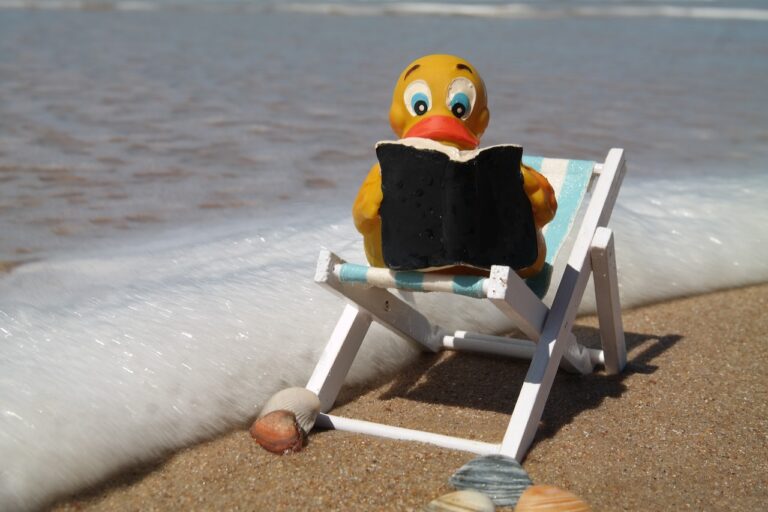Analyzing the Impact of Social Media on Adolescent Literacy Practices: 11xplay, Diamondexch9 com, Sky exchange sign up
11xplay, diamondexch9 com, sky exchange sign up: Social media has become an integral part of many teenagers’ lives, offering a platform for communication, entertainment, and self-expression. However, the impact of social media on adolescent literacy practices is a topic of ongoing debate among educators, parents, and researchers.
Analyzing the way in which social media influences teenagers reading and writing habits is crucial in understanding how this digital tool shapes their overall literacy skills. Studies have shown that social media can have both positive and negative effects on adolescents’ literacy practices.
One positive impact of social media on adolescent literacy is that it encourages more informal writing. Platforms like Instagram, Twitter, and Snapchat have popularized short-form communication that relies on abbreviations, emoticons, and hashtags. While some may argue that this hinders teenagers’ ability to write formally, others believe that it promotes creativity and adaptability in their language use.
Additionally, social media can enhance adolescents’ reading skills by exposing them to a wide range of written content. From news articles to blog posts to captions on photos, teenagers are constantly engaging with text on social media platforms. This exposure can improve their reading comprehension, critical thinking, and media literacy skills.
However, there are also negative impacts of social media on adolescent literacy. One concern is that teenagers may spend too much time on social media, which can detract from their time spent reading books or engaging in other offline literacy activities. This can potentially lead to a decline in their overall reading proficiency.
Furthermore, the informal language and lack of editing on social media platforms may influence teenagers’ writing habits in a negative way. Some researchers argue that excessive use of social media can lead to a decline in grammar and spelling skills, as well as a decrease in the ability to construct well-formed and coherent written arguments.
In conclusion, the impact of social media on adolescent literacy practices is complex and multifaceted. While it can encourage informal writing and expose teenagers to a variety of written content, it also has the potential to hinder their reading and writing skills. Educators and parents must be aware of these effects and work to strike a balance between digital and traditional literacy practices in teenagers’ lives.
FAQs:
1. How can parents support their teenagers in developing strong literacy skills in the age of social media?
Parents can encourage their teenagers to read a variety of materials, both online and offline, and engage in discussions about what they’re reading. They can also set limits on screen time and encourage their teenagers to participate in constructive writing activities.
2. What are some strategies educators can use to incorporate social media into literacy instruction?
Educators can integrate social media into classroom activities by assigning projects that involve writing for different platforms, such as creating a blog or Twitter thread. They can also teach students about digital citizenship and how to critically evaluate information they encounter online.







